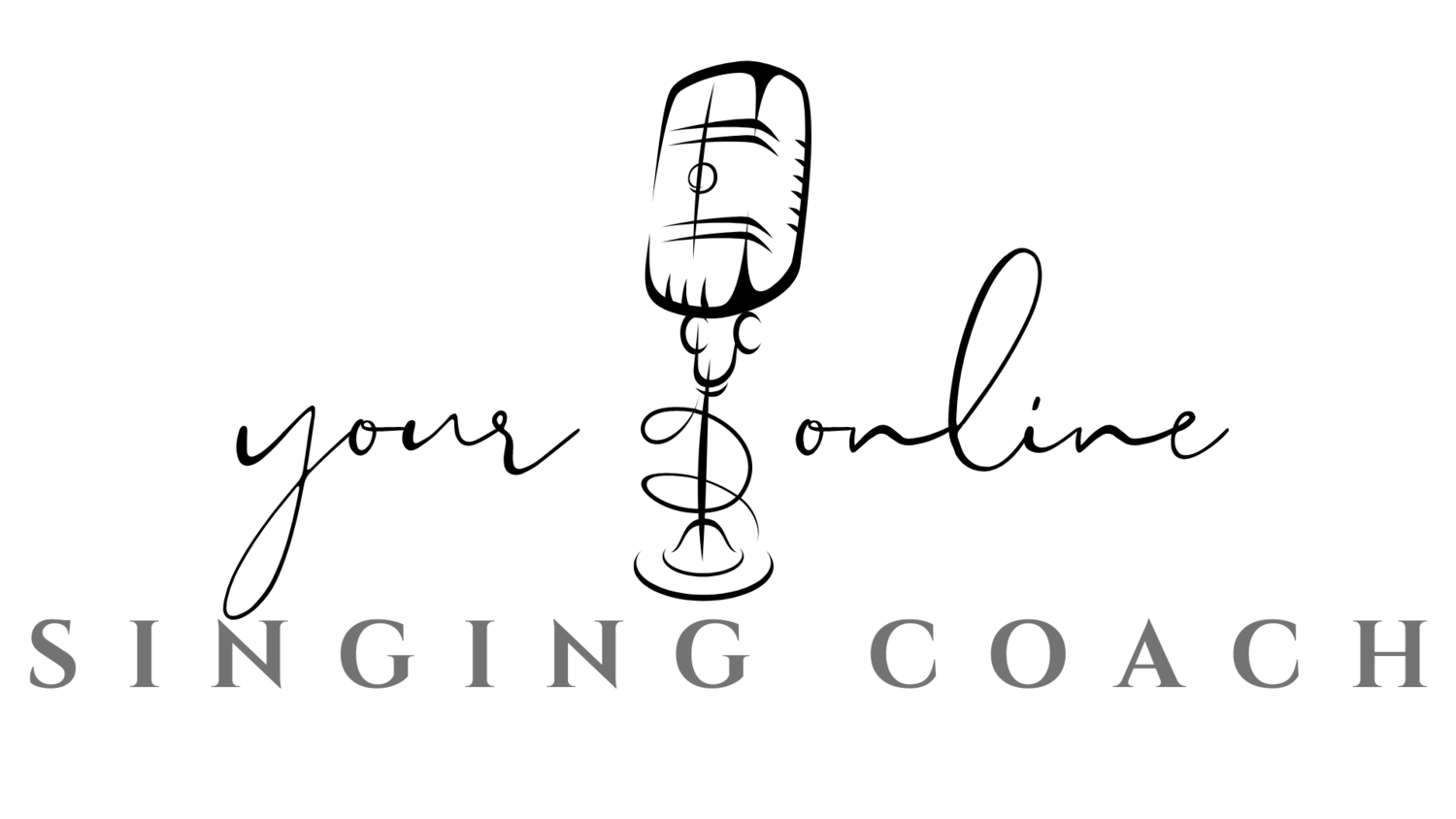3 Ways To Expand Your Vocal Versatility
1. Try learning a non-western scaled song
Find a Middle Eastern or Indian song on Spotify and learn it. You don’t need to learn the words, just sing the song on “ah.” And if the song is overwhelming, just learn a section of it. By doing this you’re learning to sing songs in scales you’ve never used before, which may even include quarter tones! And learning to sing complex, melismatic passages with those unusual scale notes. It will blow your voice’s little mind. And it will feel very proud and accomplished when it can get through it. While you probably won’t ever use such intricacies in your regular repertoire, your voice will have experienced the challenge and precision of executing tiny, subtle changes, which can be all it takes to find just how to sing that tricky note that’s been giving you problems.
Here are two great examples from Bollywood to get you started:
Taal - from Taal (Beginner)
Naina - from Omkara (Advanced)
Practice tip: use the playback speed settings on these youtube links to practice the runs at a slower speed initially.
2. Try to imitate singers that sound nothing like your natural voice
These imitations will probably feel silly, but it’s amazing how much you can learn about expression and placement from different singers.*
Your thought process might go something like this: “I can belt that note, but that singer has chosen to make that note breathy. Why make it breathy when you can belt it? Hmm, that’s kind of effective - that kind of sells that vulnerable lyric. Maybe I don’t need to belt every note! Maybe I should save it for the end of the song, the way she did. Now that belted note sounds like “the money note” because the belt tone is only used in the last chorus. Cool.”
As a child, Ariana Grande learned runs, riffs, and how to use a whistle tone - all part of her own style - through imitating Mariah Carey. Check out Ariana Grande’s absolutely pro impressions here.
*A note about #2. Please be careful with this one - while you can learn many great things through imitation, you can also learn terrible habits and even damaging techniques from other singers. If it ever feels uncomfortable or hurts, or you get red in the face trying it (figuratively or literally), stop immediately. Try it in front of a voice teacher who can guide you to avoid vocal damage.
3. Sing a genre you’ve never sung before - even if you hate it!
For me this one is like traveling to another country. You may learn to appreciate and even like (or love!) the style you’ve challenged yourself to sing by the end of it. Want a rhythmic challenge? Try Hip Hop! Want to get your butt kicked from a technical perspective? Try opera! Want to get completely swept up in a story? Try country, complete with a twang! Learn what it takes to vocally sell a song in that genre. In a rap song, you can’t just speak the words. Even though the words in a rap song aren’t usually sung, they need conviction. They need attitude. They need commitment. They need to be projected. They need precise diction. Can you translate any of the techniques you’ve learned from your “challenge genre” to your regular genre?
